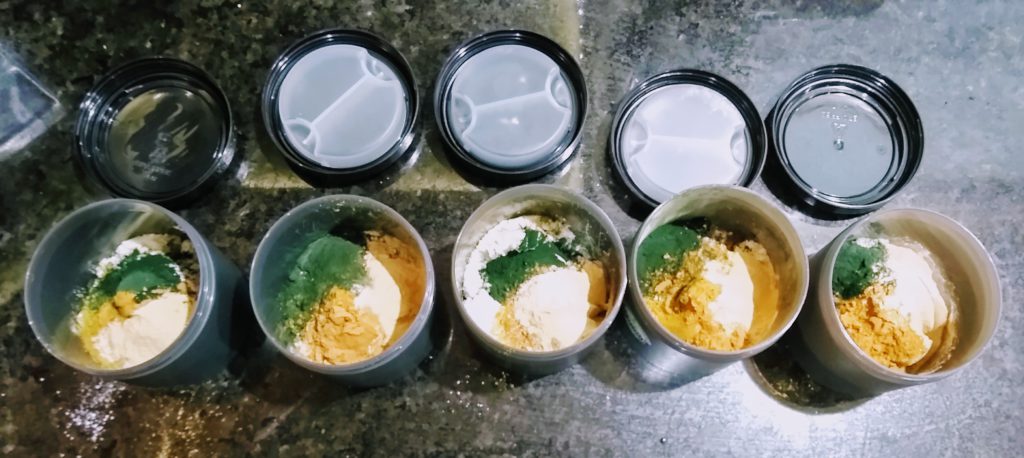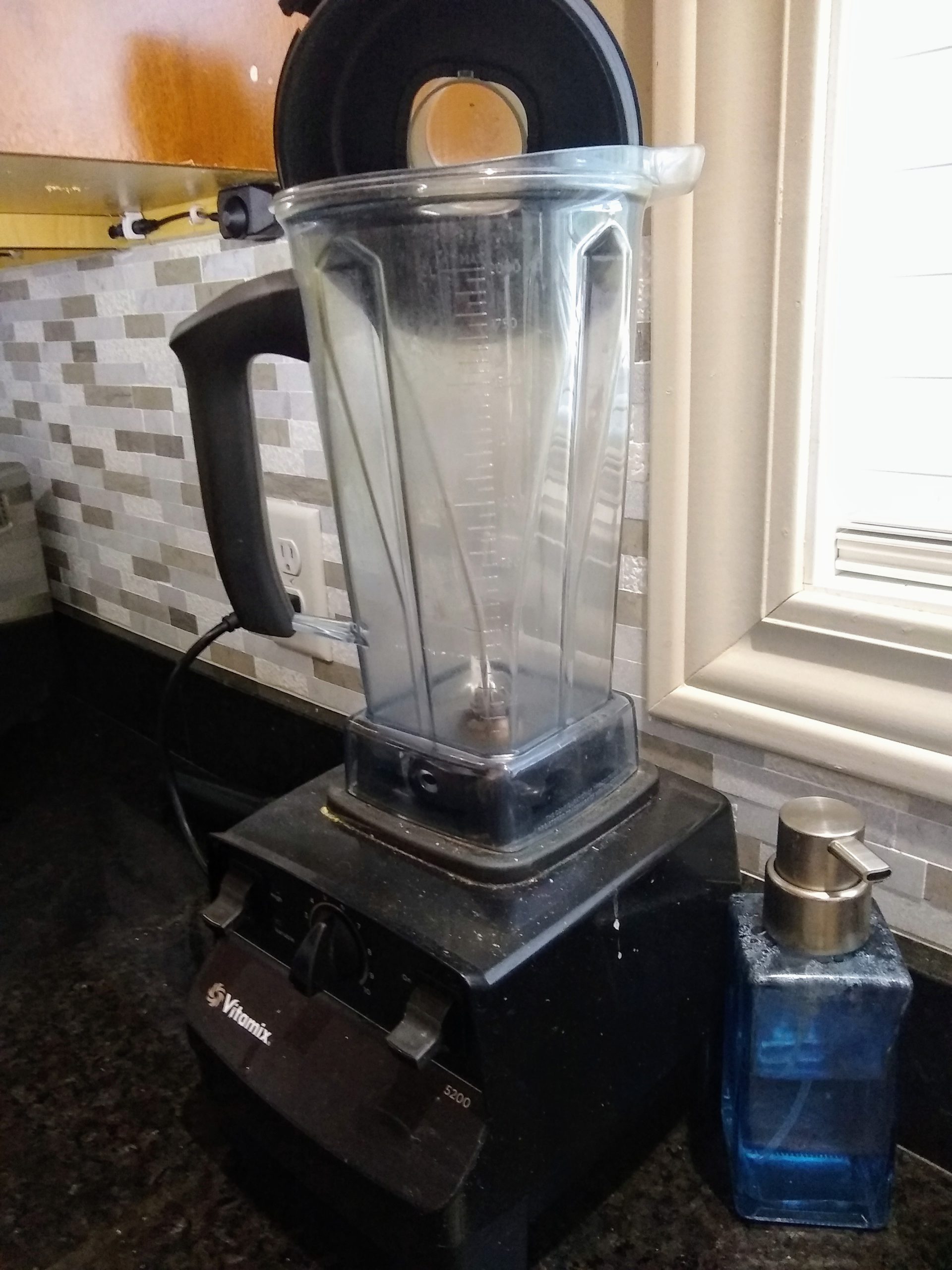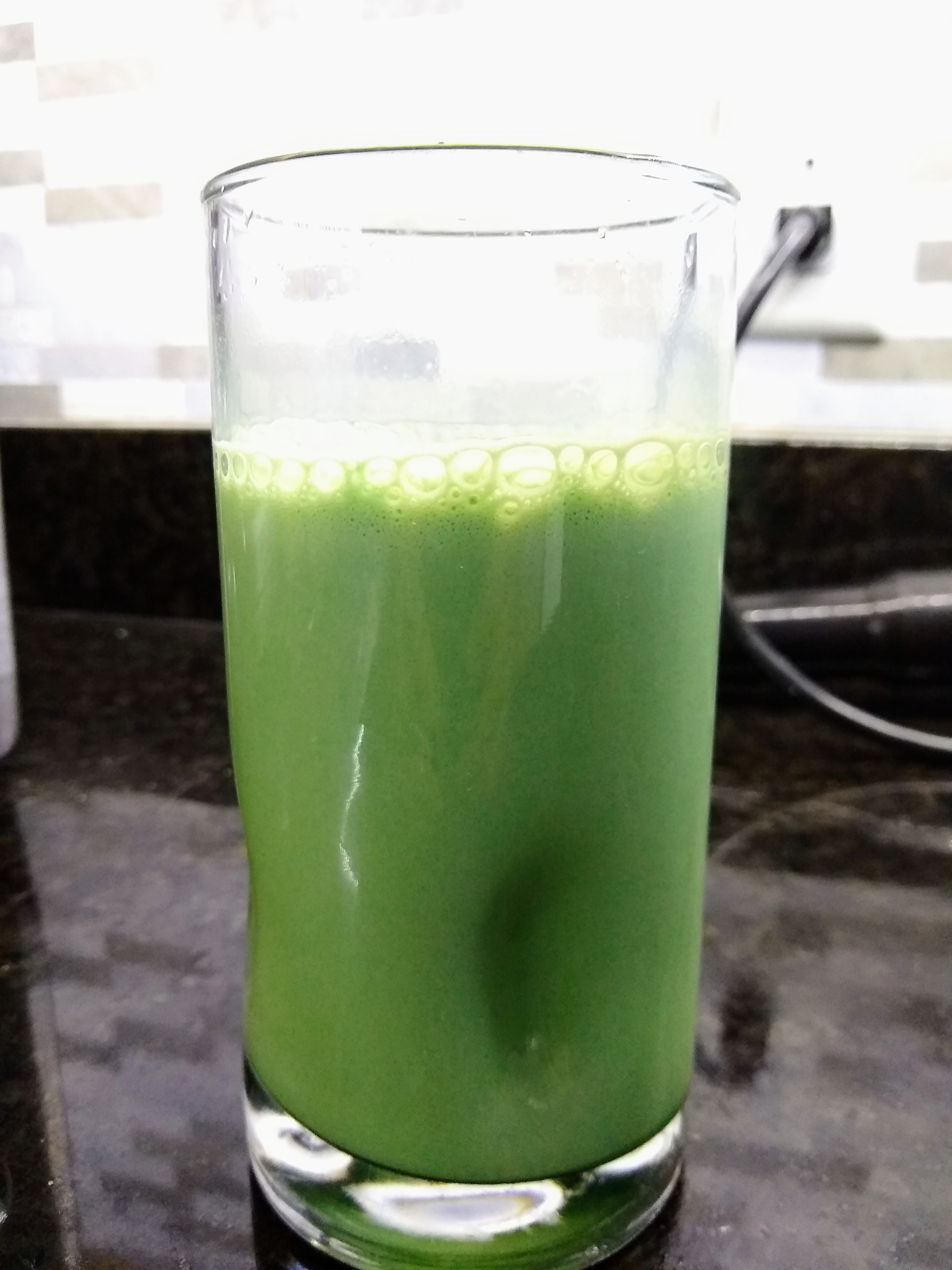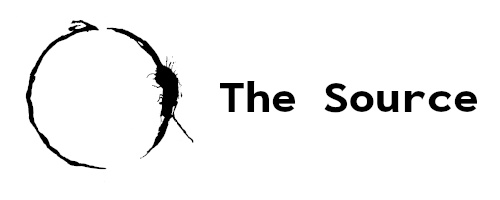Let me be clear and just say up front that I workout largely so I can drink beer and eat cheeseburgers. I’m not really looking to cut down on weight, gain muscle tone, or get more fit. There are some activities I find stress relieving and even somewhat enjoyable, but I’m in no way really trying to change my physique. I’m really just trying to maintain. That said, I think there’s quite a bit I’ve learned over the course of the last 2 years that may be, in some way, helpful to my readers. This series will consist of 3 parts:
- Part One – Supplements
- Part Two – Workout Habits
- Part Three – Gear
Table of Contents
Supplements & Powders
There are a plethora of “powders” that can be helpful in repairing muscle, providing energy, aiding in brain function, and supplementing vitamins and nutrients. The list below is by no means a catch all for everyone, and it’s in everyone’s best interest to tailor supplements according to what their body needs. This list has morphed over many years depending on my activity schedule and nutritional needs, but today it’s as follows:
Powders
- Muscle Repair:
- Energy:
- Brain:
- Others:
- Almonds/Almond Butter
- Chia Seeds
I’ve found that Whey protein works really well for me and that combined with BCAA powder I can get my muscles repaired and back to normal within 48 hours of my longest and hardest runs. Spirulina is an organism that smells like seaweed, and tastes horrible. I’ve seen people mix it with honey and lemon, but I’ve done this and it still tastes horrible. My suggestion is to just chug it down. It’s filled with some protein, but mainly vitamins and minerals. Matcha is basically condensed green tea and it’s a caffeine source with more nutritional benefits than coffee. Next are the nootropics, which are cognitive enhancers. I’m going to be up front with you and say that these are more of a recent addition to my mix, and they are NOT yet proven by science, so feel free to skip these if you think they are just a placebo (I’ll understand). I personally find them to help my thought process (specifically Cordyceps, Reishi, and Lion’s Mane), as well as my calm/focus (Ashwaganda). Almonds provide an added protein, and chia seeds are great for making you feel full, which is helpful if you want to skip breakfast on the go. Below is what that mix of powders looks like.


These containers are helpful in assembly of all of this for use throughout the week, but for the longest time I just mixed everything when needed.

In the morning I dump the mix into our old but trusty Vitamixer with water and Kefir and chug.

Supplements
Honestly, prior to COVID I really didn’t take much for Vitamins. I’d, on occasion, take a multivitamin, but lately I’ve added a big dose of Vitamin D as well as Zinc. These I take after lunch.
Tea
Although having less impact, I find drinking tea helps reduce my coffee intake and provide longer lasting energy. My main go-to tea is slices of ginger root mixed with Genmaicha tea, which is in my opinion the greatest tea ever made. I’ve just recently added Chaga, though I drink that only 2-3 times a week.
That’s really it in terms of nutrition. The next part of this series will discuss my workout routine, which (unfortunately) changes during the winter season, but primarily consists of running.
